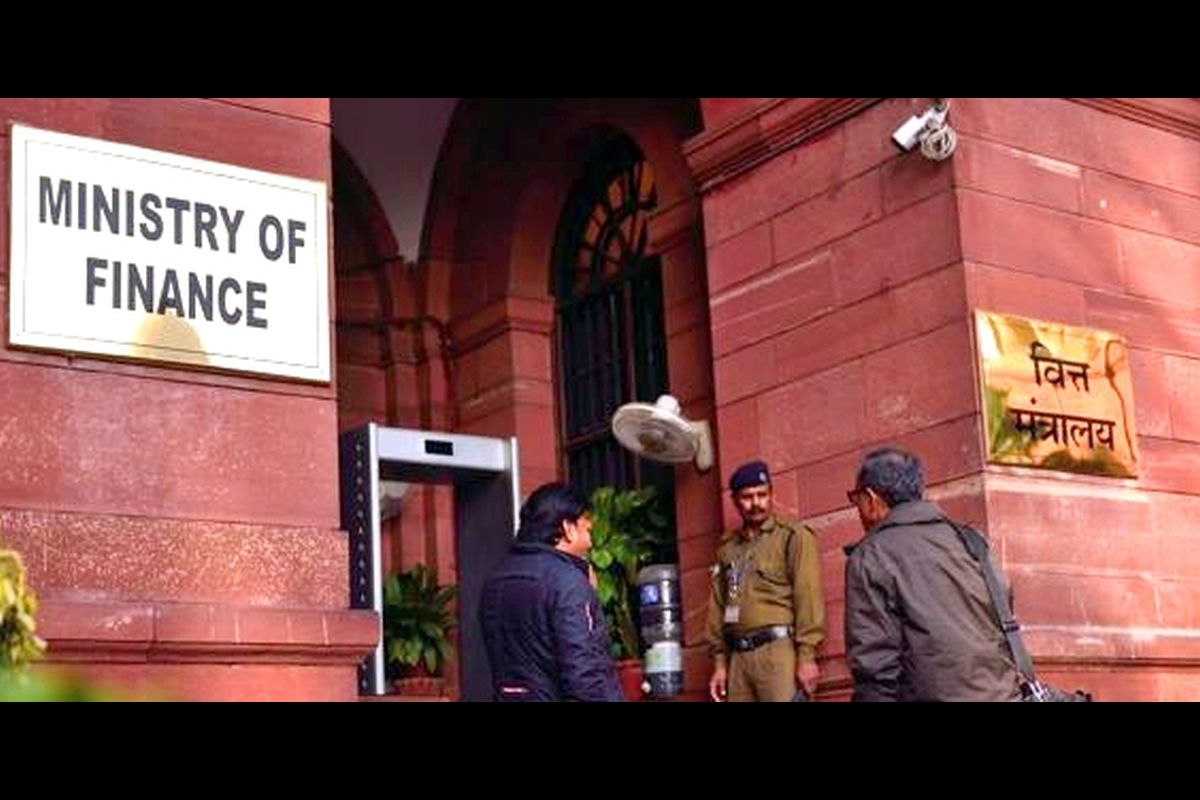The Indian government has recently proposed the repeal of the Indian Stamp Act and is actively seeking public input on the draft Bill. This significant legislative move reflects a commitment to reforming the existing stamp duty framework and encouraging transparency in financial transactions.
The Indian Stamp Act, a century-old law, governs the taxation of various instruments related to financial transactions, such as property deeds, agreements, and share certificates. The proposed repeal indicates a recognition of the need for a more contemporary and efficient legal framework to address the complexities of modern financial dealings.

SOURCE:- NEWS18
The decision to seek public input on the draft Bill is a commendable step towards inclusive governance. It allows citizens and stakeholders to contribute their perspectives and insights, fostering a collaborative approach to lawmaking. This participatory process enhances the democratic nature of the legislative changes, ensuring that the diverse needs and concerns of the public are considered.
SOURCE:- BBC NEWS
One of the key objectives behind repealing the Indian Stamp Act is likely to simplify and streamline the stamp duty collection process. The current system involves a variety of rates and procedures, leading to complexities and potential inefficiencies. A revised legal framework could introduce a more uniform and transparent system, promoting ease of doing business and reducing bureaucratic hurdles.
Additionally, the proposed repeal may address concerns related to the cost of transactions, especially in the real estate sector. Stamp duty often constitutes a significant portion of the overall expenses in property transactions. By revisiting and modernizing the legal provisions, the government aims to strike a balance between revenue generation and facilitating economic activities.
It is crucial for the public to actively engage in the consultation process and provide constructive feedback on the draft Bill. This collective effort will contribute to the refinement of the proposed legislation, ensuring that it aligns with the diverse interests and expectations of the citizens. Transparent and accountable governance relies on the active participation of the public in shaping the laws that govern them.
The government’s proposal to repeal the Indian Stamp Act and its initiative to seek public input underscore a commitment to legal reforms that cater to the evolving needs of the society. The collaborative approach to drafting legislation is a positive step towards achieving a more efficient, transparent, and citizen-centric regulatory framework.
Share your views in the comments

